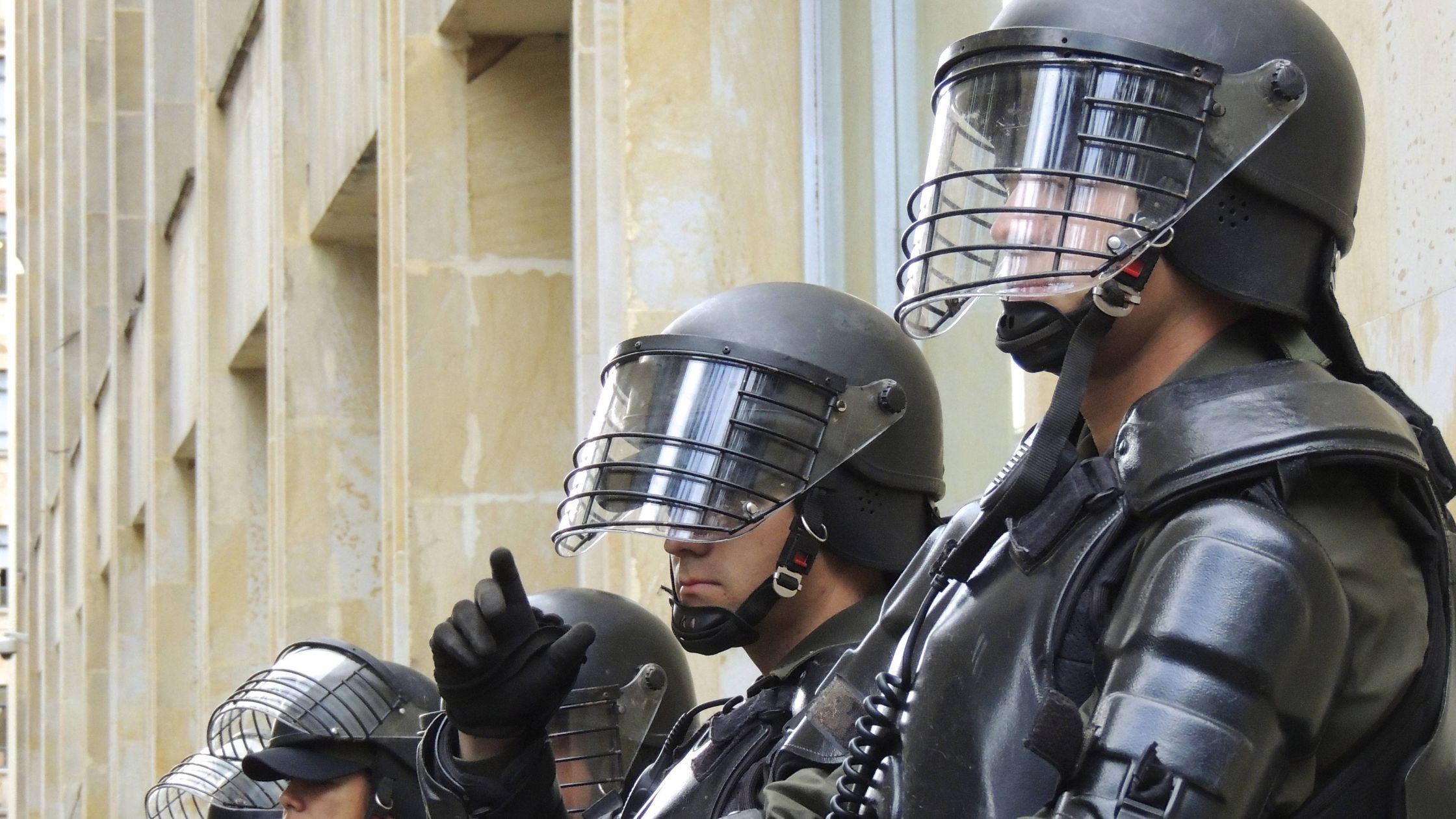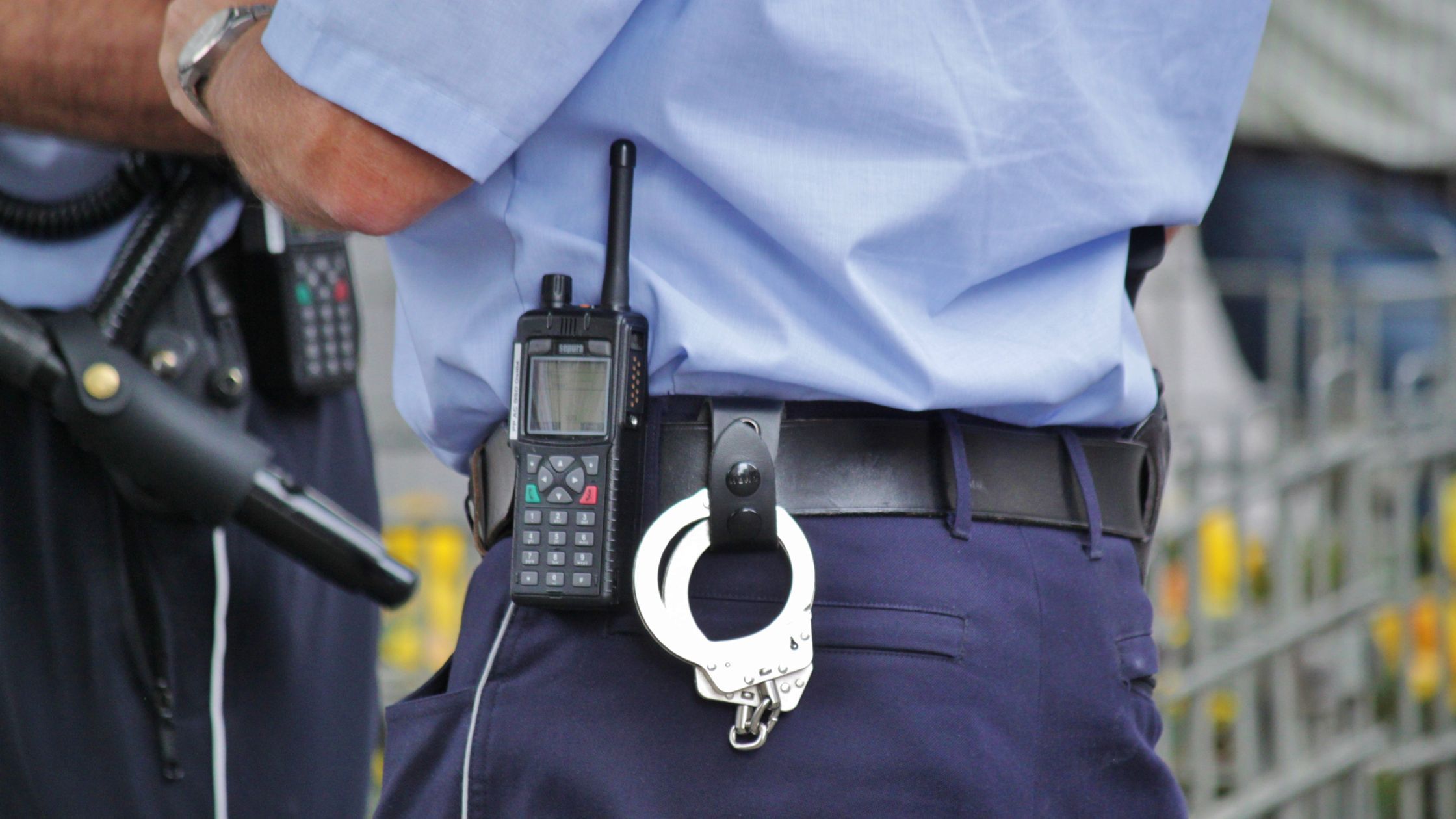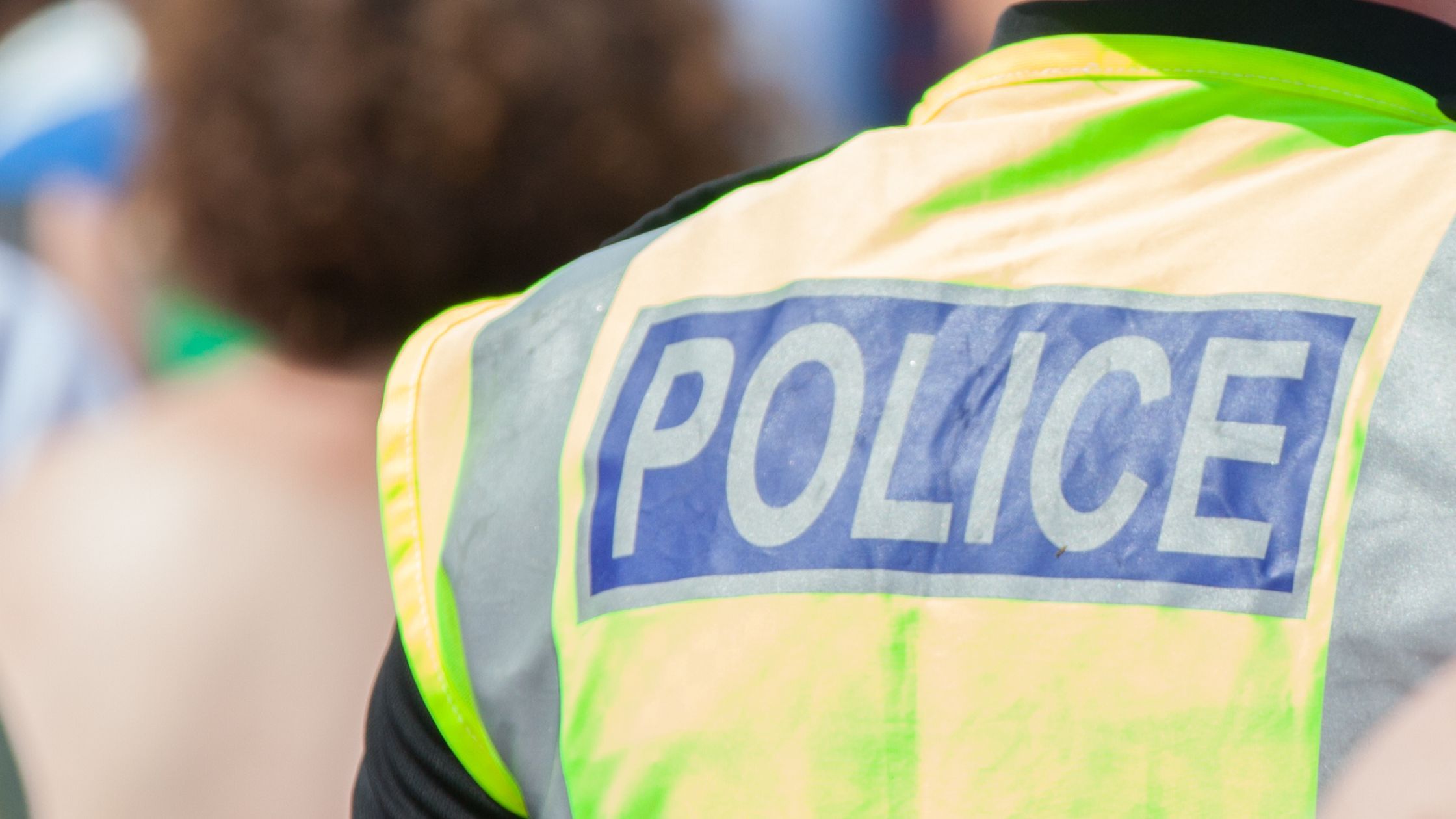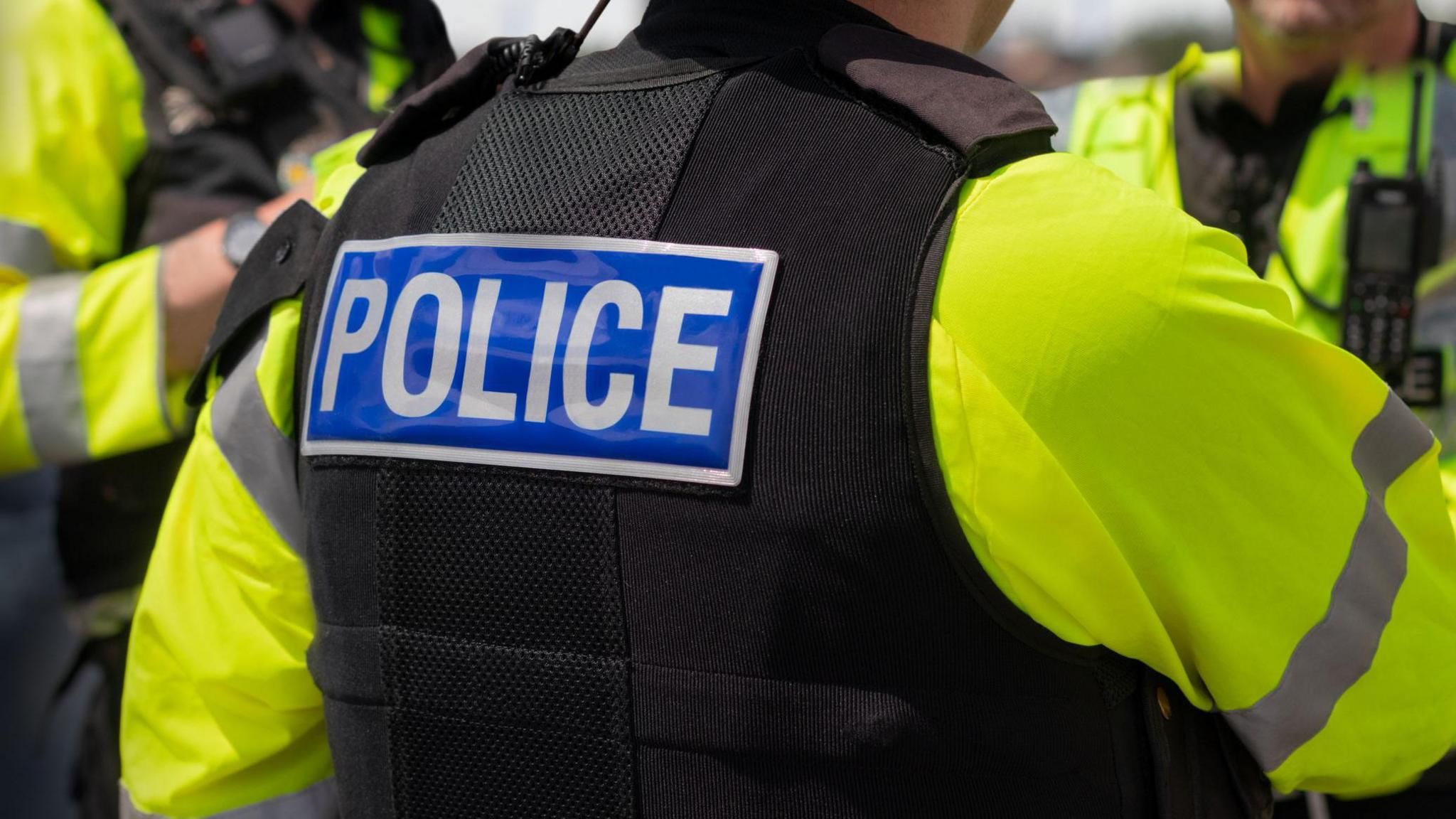The laws on stop and search have been overhauled by the Police and Criminal Evidence Act to prevent stop and search being carried out purely on the basis of racial profiling, or without reasonable suspicion that an individual is carrying an illegal item, or intends to commit an offence.
The lawful and proper use of stop and search powers is essential to the maintenance of public confidence and community acceptance of the police. Police officers have powers to stop and search members of the public, but only in given circumstances and under strict conditions. According to a report by the independent watchdog, Her Majesty's Inspectorate of Constabulary, over a quarter of searches did not comply with this requirement.
A police officer has the power to stop and search only if they have reasonable grounds to believe someone is carrying:
- Illegal drugs.
- A weapon.
- Stolen or prohibited items.
- An item which could be used to commit a crime.
An individual can only be stopped and searched without reasonable grounds if a senior police officer has given approval, for example if it is suspected:
- Serious violence could take place.
- Someone is carrying a weapon or has used one.
- A person is in a specific location or area.
Police officers are also under an obligation to provide information to the person they are searching, including the officer's name, their shoulder number or the station they are based at, the law they are using, the reason for the search, what they are looking for, and why they have chosen to search that person. They are not entitled to ask the person to remove more than outer layers of clothing in view of the public, and also cannot usually require the person to give their name or address.
If a search does not comply with these rules, it is likely to be unlawful. Our solicitors have specialist knowledge of stop and search laws and will be happy to discuss a challenge to the police on your behalf if you have been searched without reasonable grounds.
Sometimes, a stop and search can lead to a situation escalating. If the initial stop and search was unlawful, then this may give rise to a claim. For example:
Where the person being searched does not co-operate and the police then use force to carry out the search, e.g. handcuffs, there may be a claim for assault.
Where the person being searched is arrested for an offence, such as obstructing a constable. Again, if the initial stop and search was unlawful, then the person may have a claim for false imprisonment in relation to the time they are detained by police.
However, despite more emphasis on intelligence-led stop and search, there is still concern that stop and search is being misused or over-used, with the result that individuals from some communities are more likely to undergo stop and search than others.
Undergoing stop and search can be harrowing, whether an individual has had previous dealings with the police or not - and for young adults and those not used to deal with police officers, the experience can be extremely damaging psychologically, if stop and search is misused.
Hennah Haywood Law Solicitors can advise on misuse of stop and search - and how to make a complaint to the police force in question. Hennah Haywood Law Solicitors are well placed to advise on stop and search claims and always pursues misuse of stop and search claims robustly.






























